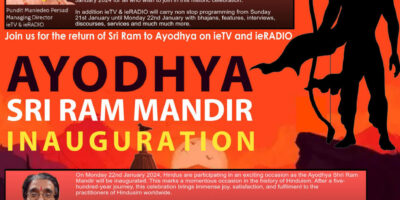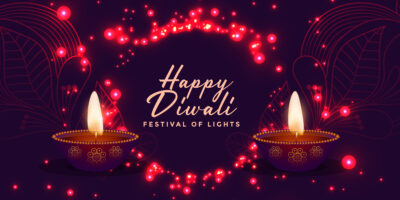Same sex marriage and relationships is currently a topic that is being discussed in all parts of the modern world. It is becoming wide spread and has now permeated all cultures and societies in some form or fashion. As a responsible Hindu organisation, Swaha must face this concern of all and provide guidance to those who are seeking answers to this reality that exists amongst us. So what is the view of Hinduism and what evidence exists to either support or refute this lifestyle choice?
Firstly Sanatan Dharma describes for us the Ashram System where our lives are divided into four stages:
- Bramhachari or celibate stage
- Grihast or householder stage
- Vanprast or semi- renunciate stage
- Sanyasi or renunciate stage
Each of these stages of life requires from us different duties that must be performed to bring about benefits for the individual and society. One of the main duties in the Grihast ashram is procreation where continuity and propagation of the lineage and society is facilitated. However, continuity of the species in terms of quantity is not the only requirement but the proper mental, spiritual and emotional development of the child is paramount. In same sex marriage this benefit is lost and while there are other ways of acquiring children, there is a loss in the emotional and spiritual development of the child, given that the child is not born out of the seed of both the mother and father since one party of that relationship will not be a biological parent. Each parent has a different impact on that child and as such the child of a same sex marriage, if there are children, will not have the same influence as that of a heterosexual marriage.
Scriptural Injunctions
Following the examples from the scriptures, all forms of God are depicted with their Goddess or Shakti. Further, Shri Ram has set the law when he stated: Ek Nari Vrat”; commitment to one woman by a man. Therefore from the evidence contained in our scriptures, same sex marriage is not condoned. While there may exist examples of same sex relationships, we don’t simply use information contained in the scriptures to guide us but rather the laws and injunctions that are contained therein which were set about by the Lord. Shri Ram came as Manush Avatar to set the law for mankind to follow and thus be guided in their daily living.
Structure of Rituals
The structure of the Vivaha Sanskar or wedding ceremony clearly demonstrates that Sanatan Dharma does not accommodate same sex marriages. From the initial steps of the wedding ceremony, where the compatibility check is done to the departure of one of the parties one week after the ceremony, clear roles of demarcation of man and woman are laid down. In trying to fit a same sex marriage into the format of a Vivaha Sanskar the following would become issues that cannot be resolved-:
- Which party would perform the Kanya Daan?
- Who would be the Shri Vishnu and who would be the Laxshmi?
- Which party would bear the responsibility of hosting the other party?
- Given the need for a male and female part in the performance of Sadhanas where one part would take the lead, how would this be resolved?These along with the many other factors speak to the non-accommodation of single sex marriages in Sanatan Dharma.
We however live in a free democratic society and should persons decide on an alternate lifestyle, as Hindus, we should see beyond the choices and recognize the greater divinity in all. Recognizing the diversity in mankind, we should not hate, show aggression or violence against others who have chosen a path not sanctioned by the rules of Sanatan Dharma. Those of us who adhere to the doctrines of this great way of life Sanatan Dharma, you set the path and example and let your life be a positive message for others and let’s bring about positive change by living well.


